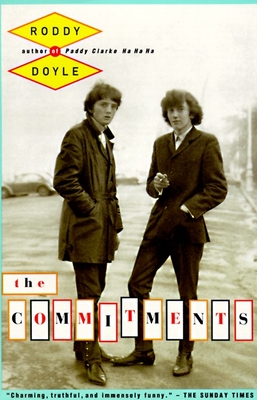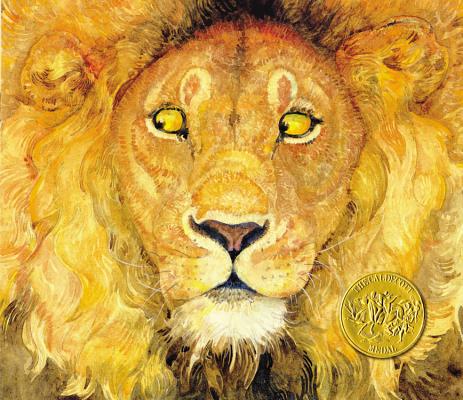The other day, Walt mentioned wanting to see the A.R.T. performance of The Glass Menagerie. I agreed, and remarked I hadn’t even read it. “Isn’t it kind of weird?” I asked.
“Not really,” he said.
“Really? I thought it was about an old lady in a sandbox.”
Apparently that’s not what The Glass Menagerie is about. It is, however, what The Sandbox by Edward Albee is about. I think The Sandbox was in an anthology we had in high school, and for some reason I conflated it with The Glass Menagerie. But it got me thinking about other misconceptions I had/have about famous works prior to actually reading them. Some books and plays are so connected with popular culture that i’s almost impossible not to encounter them in some way. But hearing about something doesn’t mean you actually know it. Here are some other assumptions I’ve made about classic stories:

Somehow, NOT about actual wind.
Gone with the Wind
Real story: period romance set during the American Civil War, about a bitchy but determined southern belle and her romantic mistakes.
My version: like The Wizard of Oz, except without the magic.
Lord of the Flies
Real story: a group of British boys get stranded on an island, go crazy without the rules of society.
My version: the history of the devil; probably confused it with Paradise Lost.
Far from the Madding Crowd
Real story: courtship in English rural life.
My version: a traveling circus travels around, has feelings.
A Tale of Two Cities
Real story: two lookalikes (one a former aristocrat and one a drunk genius lawyer) get caught up in the French Revolution.
My version: I thought this was supposed to be A Tree Grows in Brooklyn. I was really confused when I started reading it.
To Kill a Mockingbird
Real story: a young girl encounters racism in the deep South as her father defends a black man accused of rape.
My version: a young girl gets bitten by a rabid squirrel and goes crazy. (????? right? I guess the rabid dog from the real book somehow entered my subconsciousness and got really distorted.)
Do or did you have any wrong impressions about famous novels?
 1. Where the Sidewalk Ends by Shel Silverstein
1. Where the Sidewalk Ends by Shel Silverstein



